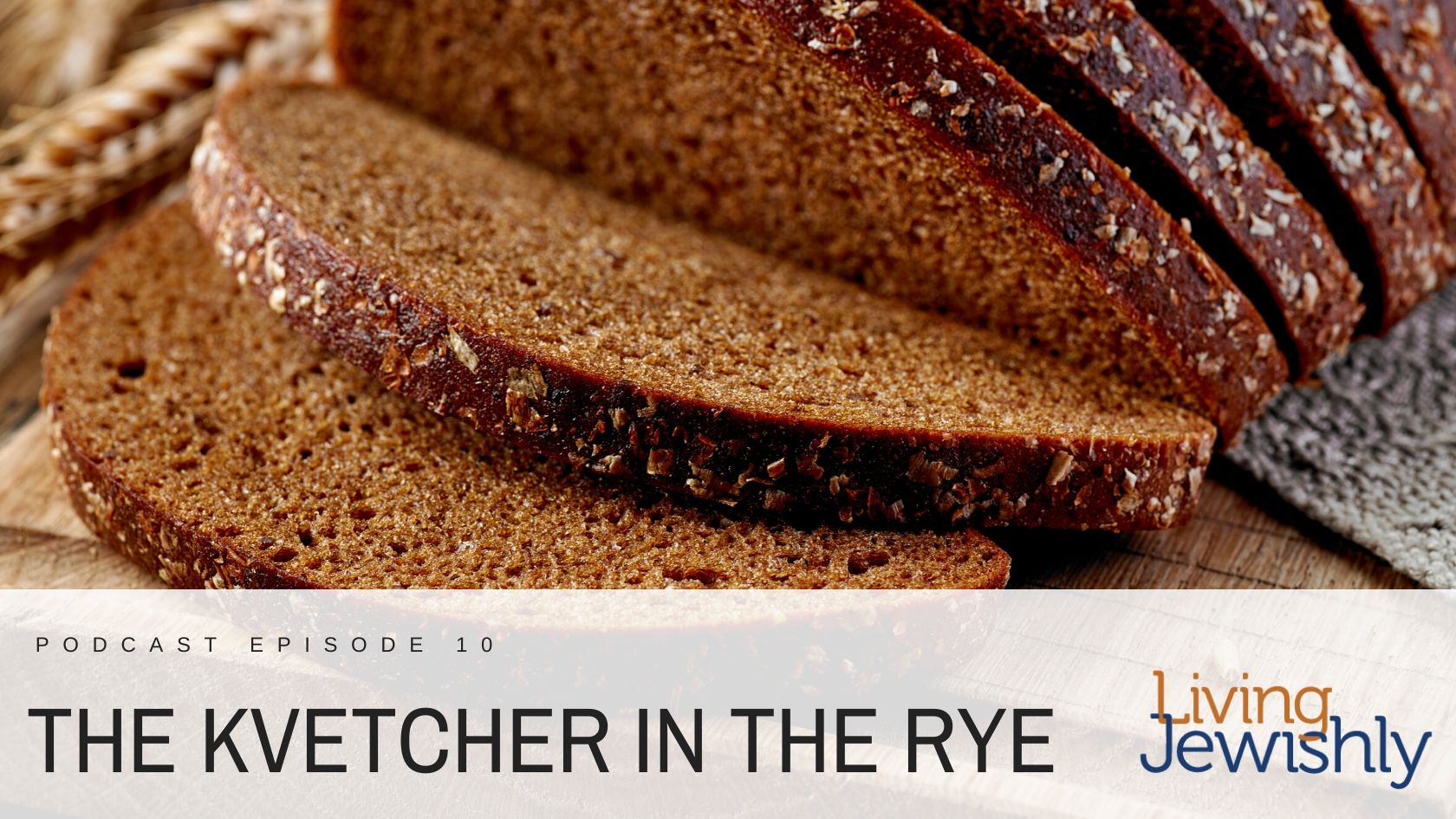Yossi begins by telling a story about when he was travelling and stopped at a friend’s house where his friend made him biscuits from 100-year old starter sourdough. Yossi relates this to selling your chametz every year before Pesach (if you had 100 year-old sourdough you would have to sell it). Is our goal in Judaism to skirt around the law (in this case, to not have any chametz on your person or property) by creating a “sale” of the chametz each year? Is this really what Jewish law intends?
Elliott asks whether religion is simply interpretation or can one literally understand the text. But Jews were never literalists – texts are always subject to human interpretation, including the selling of chametz. Even though the original case of such sales was when one time two Jews were stuck on a boat just before Pesach and had not gotten rid of their chametz, so it was kind of an emergency sale. How unlike our present day sales, in which we even go online and sell our chametz in detailed ways, weeks ahead of the holiday. So we found creative ways to sell the chametz.
But Elliott speaks about female friends of his that complain that we should be creative with women’s issues like getting Jewish women a timely divorce if they request it.
Yossi picks up on the theme of creativity and recalls how just before the Exodus, the eating of the Paschal lamb became a family/communal event in which the participants play acted as though they were leaving Egypt. They ate matzah and maror and acted as if they were in a rush. And then, they actually did leave Egypt in a hurry.
Yossi adds that matzah has a double narrative. One narrative is that it is eaten because it is “the poor man’s bread,” as we recall the poverty of our ancestors. But a second narrative is that we eat matzah because we left Egypt in such a hurry that there was not even time for the dough to rise. And that has become the popular narrative today.
Elliott argues that, in a sense, the whole Exodus narrative is bizarre. Why does God take 400 years when God could have redeemed the slaves at any moment? It almost feels like the text is “God’s show” to prove that He is the man, the dominant figure on the stage. It is like a scripted drama. Elliott argues that the Exodus is not about freeing the slaves, but rather about God showing the Egyptians, the Jews, and the reader, that God is the only being of ultimate importance.
So the business of not having time for the dough to rise, after waiting 400 years for redemption, is for Elliott, on the surface, very weird. But maybe the idea is that sometimes when you get that moment of clarity to change your life, you have to do it right away. You can’t think or delay – you have to do the thing right now.
Yossi extends this to the metaphor of making bread. Fermented bread is when you have the time. But when you have to go, when there is not a moment to spare, you go for the flat bread, which is fast, easy and convenient, and gets you out. And that is the power of the symbol of matzah. When the moment of clarity comes, take it.


0 Comments